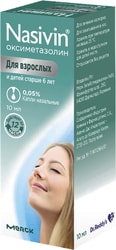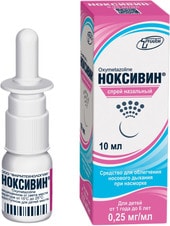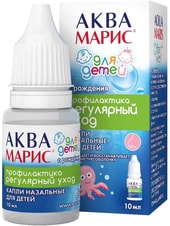Nephrodin, containing calcium acetate, is a phosphate binder indicated for the management of hyperphosphatemia in patients with chronic kidney disease (CKD) undergoing dialysis (hemodialysis or peritoneal dialysis). Dietary restriction and phosphate elimination are often insufficient to control serum phosphate levels; therefore, phosphate binders are necessary to reduce gastrointestinal phosphate absorption. Calcium acetate forms insoluble calcium phosphate salts with dietary phosphate, facilitating their elimination through the feces.
Nephrodin offers superior phosphate-binding capacity compared to other calcium salts like calcium carbonate, with significantly lower intestinal calcium absorption. Approximately 1 gram of elemental calcium per day is generally considered sufficient to bind excess phosphate from a typical protein diet.
Nephrodin should be taken with each meal. The recommended adult starting dose is 2 capsules per meal. The daily dose can be increased to 10-12 capsules as needed, but the maximum recommended daily intake of elemental calcium is 1.5 grams (equivalent to 10-12 capsules). Individual dosage (4-10 capsules daily) should be determined based on serum phosphate levels and adjusted according to the number of meals consumed (typically 3-4 times daily).
A sample regimen might include:
For optimal phosphate binding, Nephrodin must be taken with food. To avoid potential drug interactions, avoid taking other oral medications within 2 hours before or after taking Nephrodin, as absorption rates may be affected. If a dose is missed, take the next dose at the regular time; do not double the dose. Nephrodin can be used for extended periods.
Gastrointestinal disturbances such as diarrhea, constipation, nausea, bloating, and flatulence are possible. Mild asymptomatic hypercalcemia (Ca >2.6 mmol/L) may occur in approximately 1% of patients, but can manifest as constipation, nausea, or vomiting. More severe hypercalcemia with associated symptoms may also occur in rare instances.
Use caution in patients with a history of calcium kidney stones or other hypercalcemic conditions like sarcoidosis and certain malignancies. Closely monitor serum phosphate and calcium levels, as well as the calcium-phosphate product, particularly when co-administering vitamin D and thiazide diuretics. Dietary phosphate counseling should precede phosphate binder therapy and may vary depending on dialysis type. Concurrent use of vitamin D metabolites may increase the risk of hypercalcemia in CKD patients taking Nephrodin. Large quantities of calcium salts in the GI tract can lead to precipitation of fatty acids and bile acids as calcium salts, potentially causing constipation. Patients should consult their physician before taking calcium-containing antacids to avoid additional calcium intake. Reduce the Nephrodin dosage if diarrhea occurs. Nephrodin does not impair the ability to drive or operate machinery.
Phosphate binders should not be taken concurrently with iron supplements or certain antibiotics due to reduced efficacy of both.
Calcium Acetate - 425mg
This is a dietary supplement and not a medication. Consult your physician before use, especially if you have pre-existing health conditions or are taking other medications.
Calcium Acetate, Nephrodin, phosphate binder, hyperphosphatemia, chronic kidney disease, CKD, dialysis, hemodialysis, peritoneal dialysis, calcium supplement, kidney health, renal failure, phosphate control, dietary supplement, calcium carbonate, GI side effects, hypercalcemia, hypophosphatemia, drug interactions.





